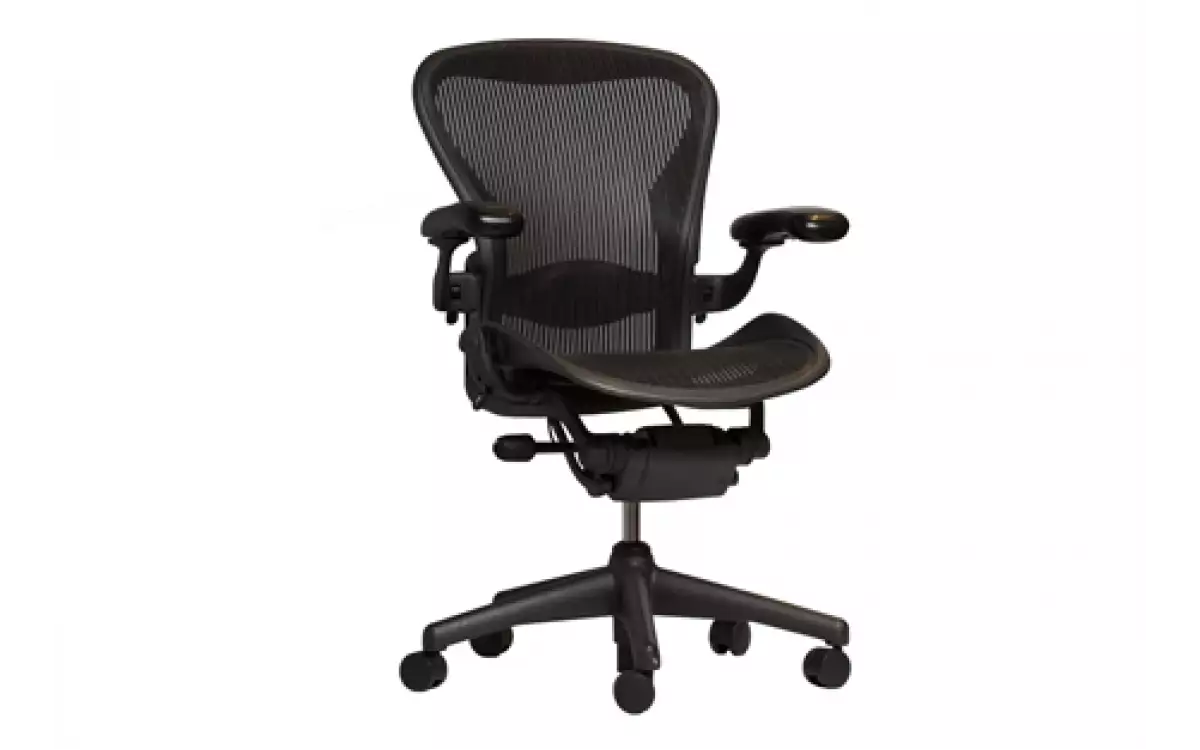
Ray Blakney is the CEO and co-founder of Live Lingua, a renowned online language school. Live Lingua offers a unique and immersive approach to mastering a new language, as it pairs users who want to learn Spanish, French, German, Chinese, and more with their own hand-picked, certified, native-speaking tutor for online teaching sessions. An award-winning, Filipino-American entrepreneur, speaker, and podcaster, Ray builds and helps others build 6- and 7-figure businesses on a bootstrap budget using SEO. www.livelingua.com
BHC: How would you describe what you do?
Ray : I am CEO and co-founder of Live Lingua, a renowned online language learning platform. Live Lingua offers a unique and immersive approach to mastering a new language, as it pairs users who want to learn Spanish, French, German, Chinese, and more with their own hand-picked, certified, native-speaking tutor for online teaching sessions. Live Lingua immerses every student in the language they are mastering, as well as the history and culture behind that language. In addition to my duties for Live Lingua, I am the CEO and founder of Podcast Hawk, a SaaS product that helps people get booked on podcasts. I also build and help others build 6- and 7-figure businesses on a bootstrap budget using SEO.
BHC: What is most challenging about what you do?
Ray : The most challenging part about what I do is balancing all of my daily tasks and making a concerted effort to not overwork myself. There are always emails to answer, more projects to complete, customers to follow up with, and the list goes on. I’ve had to really make an effort to start and end each workday at specific times so that I don’t end up working 12 hours a day. This has been key in helping me to prevent burnout and stay motivated.
BHC: What is most rewarding?
Ray : The most rewarding part about what we do is receiving happy testimonials from our students who were able to master a new language using our tutoring services. It is so rewarding to know that our tutoring is really helping to make a difference in the lives of others. Through learning a new language, our students are able to get promotions and raises at their jobs, progress their careers, immerse in the cultures of other countries, and even better connect with their relatives who also speak the language they have mastered. It is so fulfilling to know that we are helping our students achieve their goals. It is also very rewarding to own a remote business that allows me to travel the world. I love being my own boss and not being tied to a desk. On top of this, I love being able to strive to achieve our main vision every single day — this vision is to give everybody, no matter where in the world they were located, access to first-class, private language lessons at an affordable price (and in a way that would fit seamlessly into their busy lives).
BHC: What challenges or issues are emerging with the surge in remote work?
Ray : One challenge that is emerging is that because remote work is so heavily reliant on online cloud-based tools and software platforms, virtual businesses run the risk of too much collaboration. All of the incoming emails, Slack messages, and notifications from other collaborative tools can become a big distraction for remote workers. Being constantly bombarded by these messages and notifications can interrupt deep work, detract focus away from urgent projects that need to be completed before a deadline, and stifle overall productivity. Therefore, to ensure that remote workers are not constantly interrupted, remote business leaders can implement set times for open communication. For example, companies can let their employees know that unless it is urgent, they should only send emails and Slack messages to their colleagues from 10 a.m. to 10:30 a.m. and then in the afternoon from 2:30 p.m. to 3 p.m. During these specific timeframes, remote workers will know they can reach out to their colleagues without interrupting their focus on important projects and other deep work To remain productive, remote workers should also set certain times during the day to check and reply to emails and instant messages (unless the emails/messages are urgent and must be addressed right away). Also, if they really need to focus on an important task or project during the times for open communication, they should let their colleagues know that they cannot talk at the moment and will reach out at the end of the workday.
BHC: With the explosion in work from home, do you foresee any changes to the future of office design?
Ray : Yes! Before the explosion in work from home, office design was very focused on traditional office spaces that companies’ employees commuted to every workday. The main focus was on function rather than style. However, in the future, office design will be much more geared towards furniture and essentials for in-home offices and workstations. This means office design will be all about incorporating work life into home life — office desks, chais, and other furniture and work essentials will be much more aesthetically-pleasing. I believe that in the future, we will see a lot more multifunctional furniture that serves dual purposes. For example, we may see more couches that have pop-out desks for remote workers to put their laptops on during the workday. The desks can then be put away for when remote workers want to relax and watch television at the end of the day. I also think that office design will be focused on portability and the on-the-go lifestyle of many remote workers — think expandable desks and laptop stands that can be moved around the house.
BHC: Have there been any concepts or design insights gained from the coworking movement that can be applied to other office design projects?
Ray : Yes! The co-working movement is all about cost-effectiveness, collaboration, and freedom. People who work in co-working spaces save money by not having to buy furniture and office essentials for their own homes. At coworking spaces, they are also able to meet many new people with whom they can collaborate on future projects. Those who work in coworking spaces also have the freedom to work in other locations under the same coworking company umbrella. These concepts can also be applied to office design projects in the future.
BHC: When you think about the phrase, The Workplace of the Future, what ideas immediately come to mind?
Ray : When I think of the phrase ‘The Workplace of the Future’, I think of remote work, travel, and freedom. During the COVID-19 crisis, so many employees were able to experience the immense flexibility and other benefits of working from home and now want at least a hybrid working situation. So many business leaders have also realized that a majority of their employees' day-to-day tasks can easily be conducted from the comforts of their own homes. They have also experienced all of the benefits of remote work, such as not having a lengthy commute, why quick video chats are such great alternatives to long, in-person meetings that waste time, and just the fact that their employees really liked the flexibility that remote work provided. So I think that the remote, work-from-home lifestyle will be the norm in the future.
BHC: What are you and your business doing differently in response to the COVID-19 pandemic?
Ray : The Live Lingua online language school has been an entirely virtual business since Day 1, so we really didn't do anything differently in response to the COVID-19 crisis. However, I did have to digitally transform my previous business into what is now Live Lingua due to the Mexican Swine Flu pandemic of 2009. We started off as a brick-and-mortar language school, where students could experience true language immersion. However, the Mexican Swine Flu pandemic forced us to pivot operations. Overnight, all flights to Mexico were closed for fear of a pandemic (what COVID-19 is now), so we had to innovate in order to support ourselves and our staff. It was then that we tried Skype Spanish lessons with our past students. It was so successful, that we decided to launch it as a separate service on its own page — LiveLingua.com. Due to that preparation, we were well-positioned for the coronavirus pandemic. We already had all of our remote systems in place, so we just did what we could to strengthen them and keep the business running as normal as we could in spite of the circumstances. On top of this, we also really prioritized our employees’ mental health and overall happiness and did what we could to ensure that they were okay during the crisis. This meant more mental health days, virtual meet-ups to connect and bond, etc.




